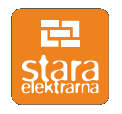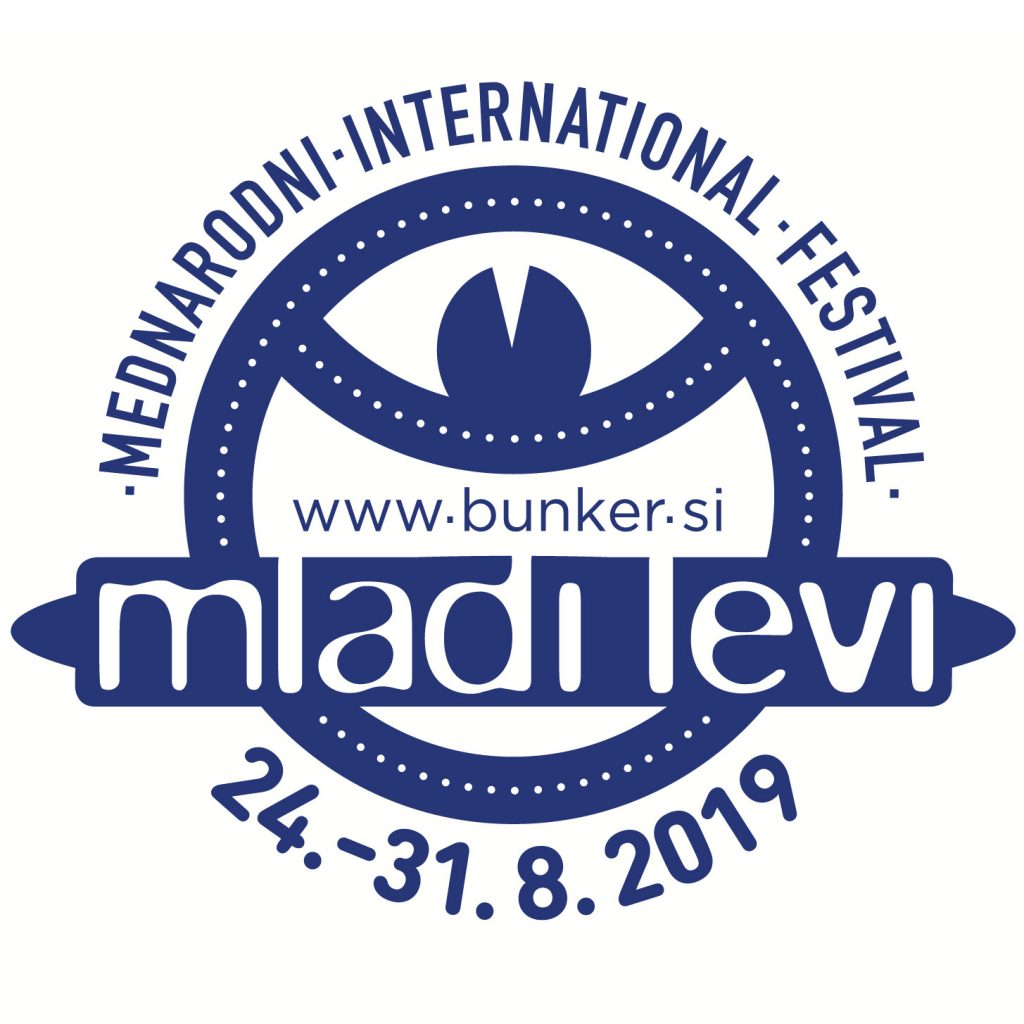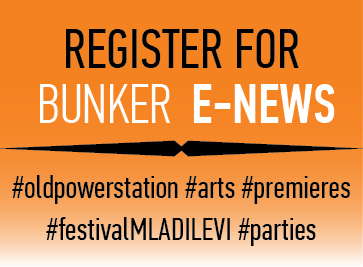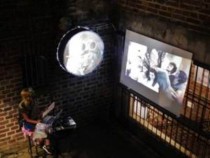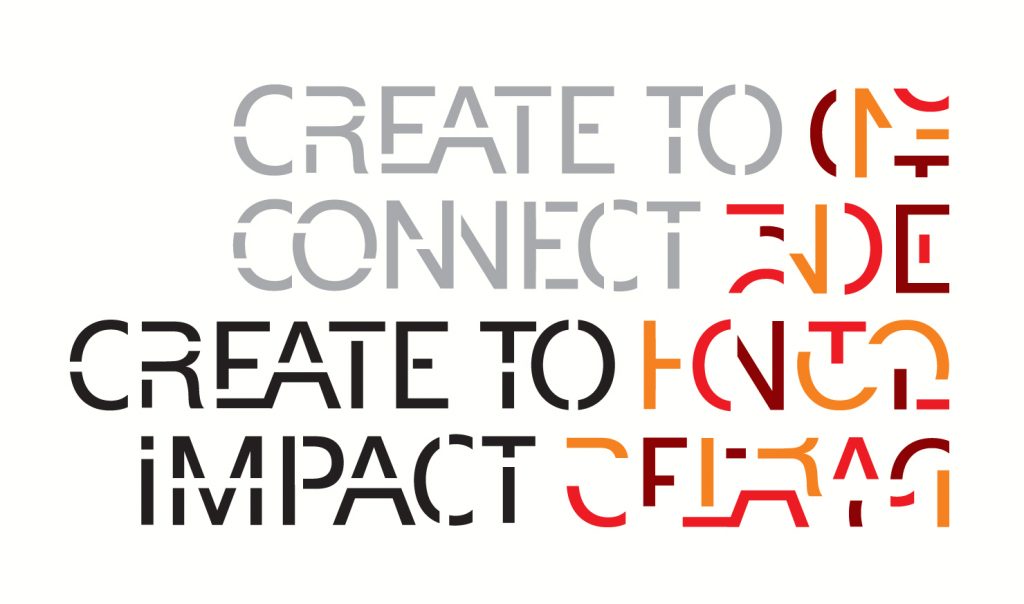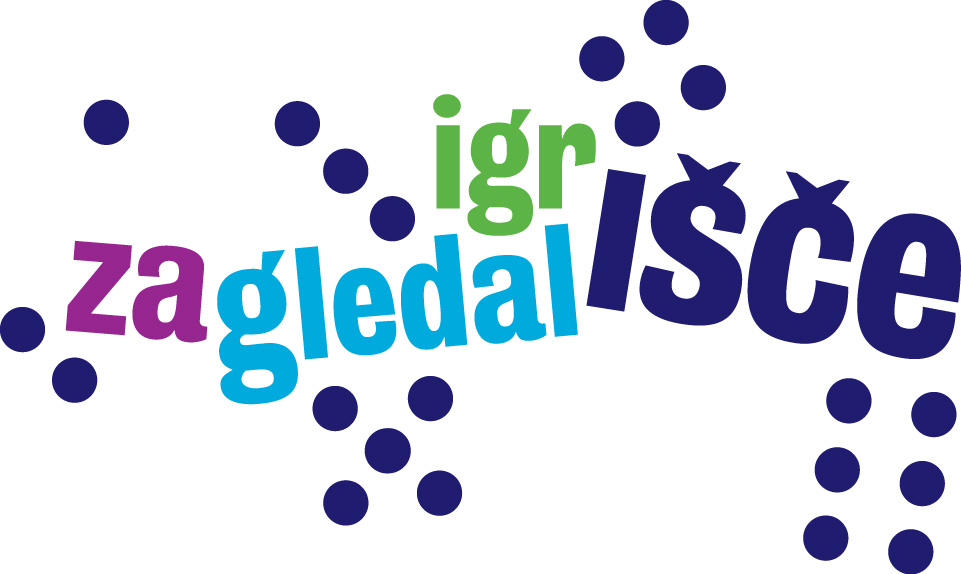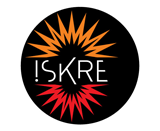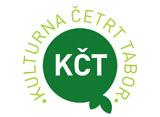Urban Heat
URBAN HEAT
From 2012 onwards, the Drugajanje festival is part of the network entitled Festivals in Transition. Thirteen of its partners are involved in the project URBAN HEAT, which is a project supported by Creative Europe, enabling artists to engage with the invisible communities within cities. The four year project supports artists to develop and create daring and extraordinary work that connects with the world outside the arts by addressing urgent political and social issues, and by working with audiences and communities affected by those issues. The Slovene artist taking part in the project is director Mare Bulc.
Bunker’s activities within Urban Heat:
* Participation at Cairo City Lab, Cairo, Egypt, April 14th – 17th 2016
* Participation at Alkantara festival, Lisbon, Portugal, May 25th – June 11th 2016
* Maribor City Lab in the frame of Drugajanje Festival, Maribor, Slovenia, November 21st – 25th 2016 (Programme)
* Marko Bulc: The First Altruistic Performance, production of the performance, Stara mestna elektrarna, Slovenia, November 22nd, 2017
*Festival Drugajanje, Maribor, Slovenia, November 28th – 30th 2017
*Festival Drugajanje, Maribor, Slovenia, November 27th – 29th 2018
From year 2012 – 2015 partners of the FIT network were actively collaborating in the project Global City – Local City, which brought together eight European festivals. By way of artistic exploration, the network strived to tackle social, ecological and political issues related to the cooperating cities, as well as global tendencies in the transformation process of urban city centres. The exploratory phase, in the form of weekly CityLABs, i.e. city laboratories, were followed by artistic residencies, where artists created their own works to be presented at the festivals.
- Kviss búmm bang: GALA – Celebrationof Minorities (artists in residence)
- City Lab Maribor (25th November – 1st December 2012)
Video: Dominik Zizka
Urban Heat
Since 2012, Drugajanje Festival is part of Festivals in Transition, a network of 13 festivals that seek to examine, by means of artistic research through projects such as the current one, Urban Heat, the relations between cities and art and the invisible communities within cities.
This year, the whole festival programme consists of the performances that are part of the Urban Heat project: urban at the crossroads of the global and the intimate.
Rima Najdi: CONFESSION #1
24th November at 3pm at GT22
»Confession#1 an ongoing work on a lecture performance that aims to research the imaginaire around Arab women created through their attire. In this series I recycle material from a previous performance Dress ME how YOU like, wearing the clothes to travel to Lebanon from Berlin. Visit villages in the southern area of Lebanon pose next what became landmarks in 2006, make a costume party at a family dinner, then photoshop myself to some touristic destination in the Arab world. I kept a personal journal during the process. During the lecture I display the photos and read from the personal journal.”
Part of Urban Heat LAB #5, SURVIVAL NARRATIVES: Socio-economic Power Structures
Rima Najdi is a performance artist currently based in Berlin. She works across disciplines including performance, video, installation. Much of the motivation in her work stems from the curiosity to research the production of propositions that challenge and occupy inbetween spaces: spaces that exist perhaps only between the self and the other, reality and fiction, physicality and emotion. She focuses on the body as a tool and as a map of experiences and identity politics. She is interested in the vulnerabilities of one’s body looking at gender politics, safety, mobility and representation. A research for an act, a statement, a photo, an art work that questions issues such as stereotypes, identity, gender, failure of language, borders and its representations. Her art practice tackles identity politics (see: Dress ME how YOU like, and GRAPHIC WARNING: It is not ME it is YOU) and the dynamics that govern frames and gazes (see: Who are they? Who are we? and Madame Bomba: The TNT project). It is not the representation of identities that her work seeks, it is the unearthing of the governing dynamics and strategies. Najdi has a Diploma in Dramatic Arts from High Arts Institute, Lebanese University, 2008, and an MA in Performance Studies from Tisch School of the Arts, New York University, 2011.
www.rimanajdi.com
Svetlana Slapšak: ESCAPISM, EVACUATIONISM, MICROCOMMUNISM OR MONASTERIES, ISLANDS, FORESTS: all the escapes from revolution (lecture)
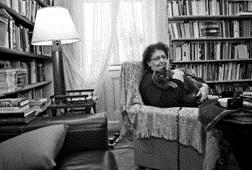 Photo: archive Svetlane Slapšak
Photo: archive Svetlane Slapšak
22nd November at 11.30 am at GT22
Svetlana Slapšak’s realm of expertise, publishing and research is so vast, that – as Dijana Matković put it – it is admirable that it is mastered by only one person. Her areas of expertise include linguistics, antic studies, Balkan studies, gender studies … She has published numerous essays, translations, books and also – started more than 50 petitions. She has fought against death penalty, for peace, for human treatment of refugees, for women’s rights … She is also the current columnist of Maribor’s biggest daily – Večer. Svetlana Slapšak seems to embody the ideal of engaged intellectual who is not afraid to get her hands dirty – either with politics or with banal topics such as cabbage (she wrote a book on cabbage and sexuality) – but at the same time bases her activism and thought on thorough understanding of history and anthropology. Who best to speak about the future and survival than someone who knows about the history and human nature – either from anthropology or from Greek drama?
Part of Urban Heat LAB #5, SURVIVAL NARRATIVES: Socio-economic Power Structures
Drugajanje Festival 2016
 The political crises of contemporary day are deafening and no longer confined to the borders of nations or regions. After all, Maribor, too, is but a few dozen kilometers removed from barbed wire, and its students well aware of the uncertainties of the future, in part caused by the exhausted nature of our current political order. Which, then, are the terrains of resistance, struggle, or at least genuine understanding of our present situation and trajectory? (more…)
The political crises of contemporary day are deafening and no longer confined to the borders of nations or regions. After all, Maribor, too, is but a few dozen kilometers removed from barbed wire, and its students well aware of the uncertainties of the future, in part caused by the exhausted nature of our current political order. Which, then, are the terrains of resistance, struggle, or at least genuine understanding of our present situation and trajectory? (more…)

